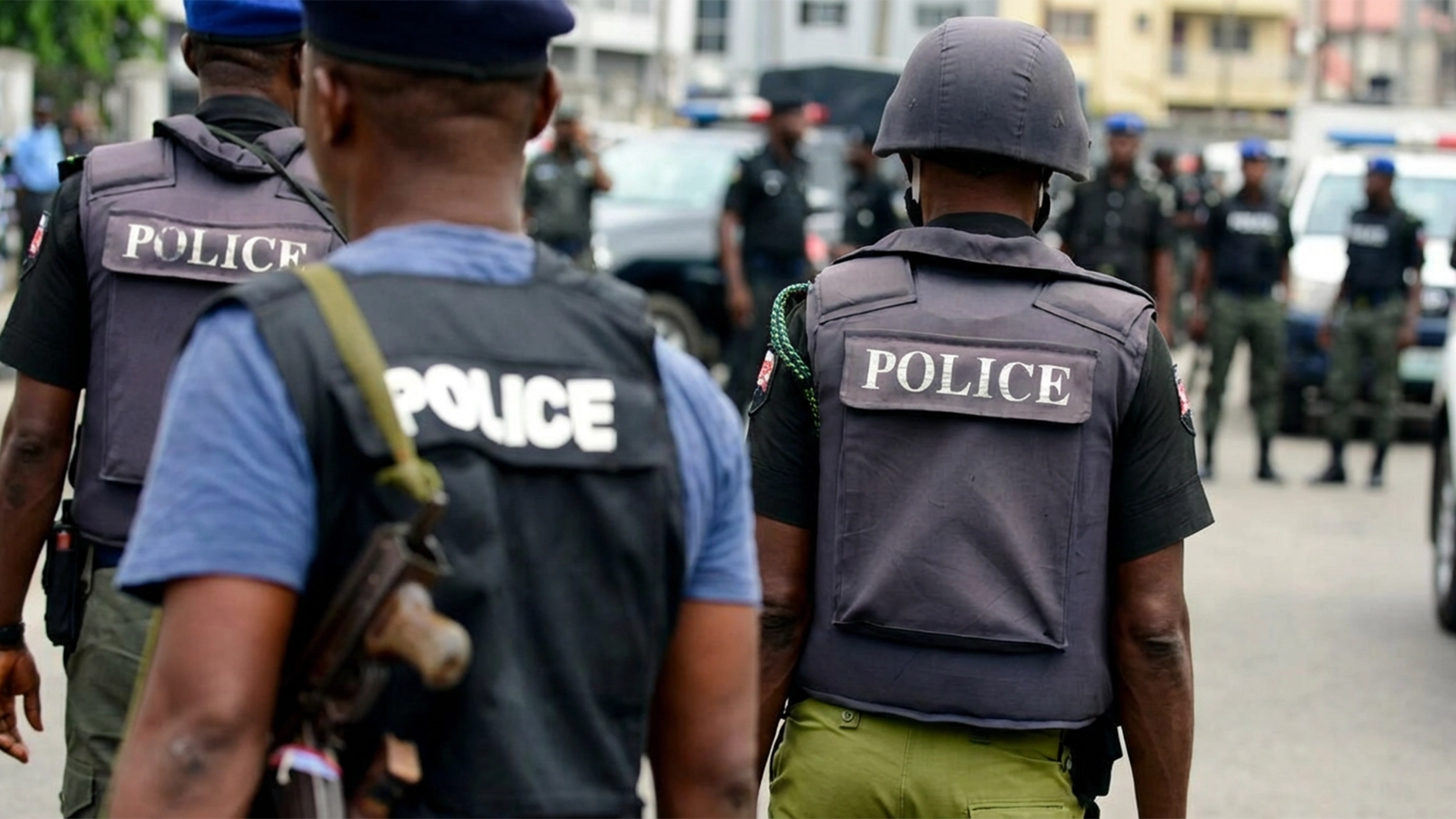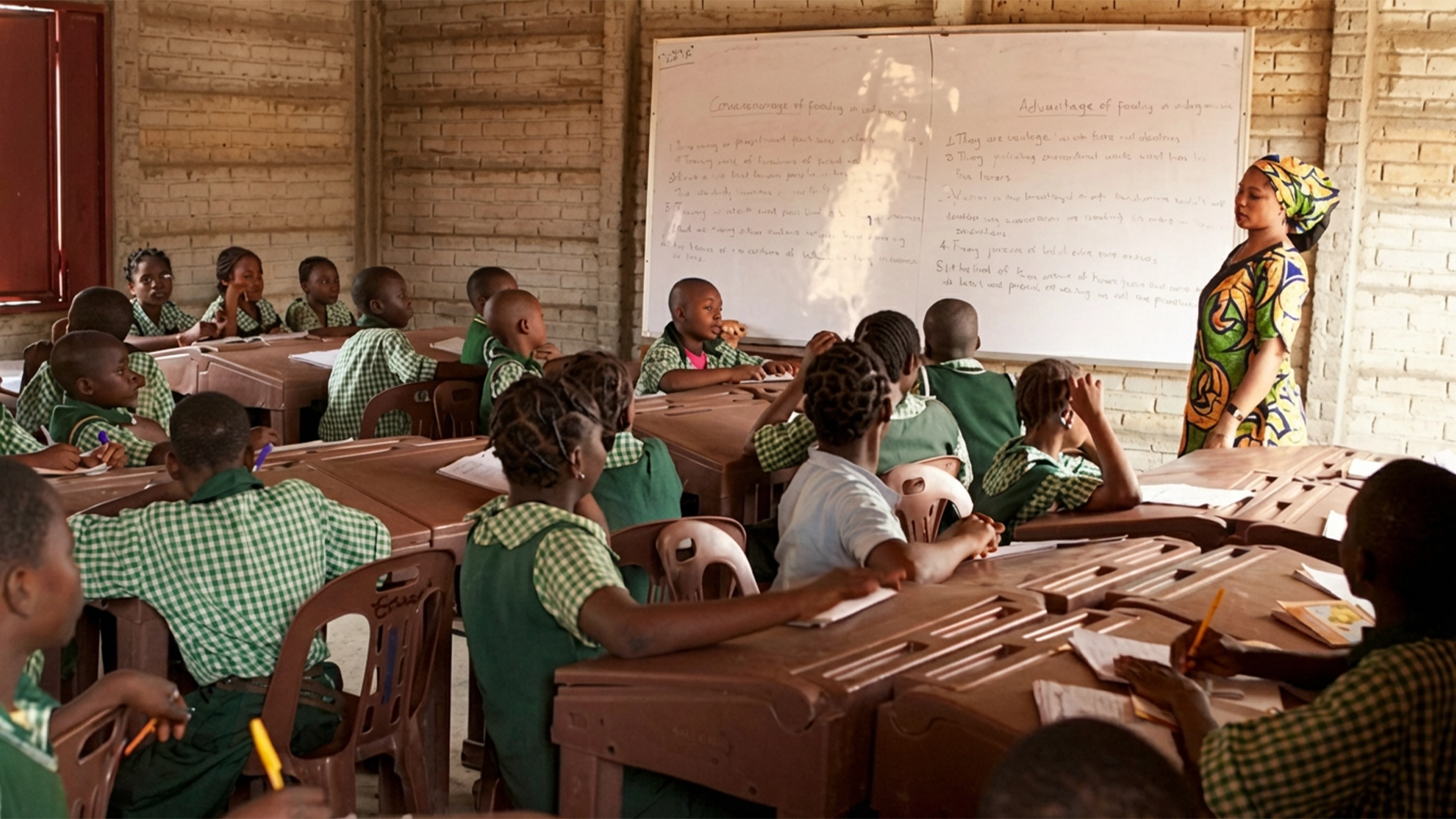The African demand for reparation over myriads of injustices meted out on the continent, for hundreds of years, will not go away, perhaps until the former colonial masters deem it appropriate to compensate Africans. In truth, Africa suffered tremendously during that despicable era to the extent that their demand ought to be a right. After all, most of the culprit nations in this regard adopt the legal doctrine that when there is a wrong, there should be a remedy. And indeed, many colonialists have admitted the wrongs perpetrated on their colonies, falling short of granting reparations.
Speaking during the 2025 Africa Day commemoration, the Chairperson of the African Union Commission, Mahmoud Ali Youssouf, once again lamented that reparatory justice for historical injustices committed by former colonial powers—especially for transatlantic slavery, colonisation, and neocolonialism between the 16th and 20th centuries—has not yet been served.
“It is unacceptable,” he said, “that in the 21st century, the African people still wait for acknowledgement, restitution, and repair for centuries of dehumanisation and economic plunder.”
Youssouf noted that while symbolic gestures and apologies have been made in recent years, they fall short of concrete action. “We appreciate the words,” he said, “but what Africa needs is a serious, structured reparatory justice framework—one that includes financial compensation, the return of stolen cultural artefacts, and systemic reform of global economic structures that continue to marginalise African nations.” He also called on African leaders to remain united and proactive in pursuing justice through international platforms. “Reparations are not charity. They are a right, rooted in international law, and we must not retreat from demanding them,” he stated.
Youssouf, no doubt, speaks the minds of many Africans and people across the world today. The most tragic aspect of Western colonialism in Africa was the transatlantic enslavement of Africans. With the connivance of unscrupulous traditional African leaders, countries such as France, the UK, Germany, Belgium, Italy, Spain, Portugal, and the Netherlands forcibly trafficked millions of Africans to the West Indies and other places to work on sugar plantations.
Other enslaved Africans were sent to their masters’ households, where they were subjected to unspeakable, inhumane treatment. This economic exploitation and enslavement have stunted African development to this day. The legacy of slavery and colonialism has contributed to racial inequality and discrimination that still affect African and Afro-descendant communities.
It is incontestable that for over 400 years, millions of Africans were enslaved, trafficked, and forced to work—often under inhumane conditions and without compensation—during the transatlantic slavery enterprise fuelled by the wealth and power of Western nations.
During this atrocious trade, millions of Africans died. Some estimates suggest that up to two million people perished during the Middle Passage of the transatlantic slave trade alone. Entire African communities were torn apart. Families were separated, lineages were broken, and social structures collapsed as millions of the continent’s youngest and strongest were abducted.
Enslaved Africans were treated as property, not as human beings. They were bought, sold, branded, beaten, and subjected to extreme violence. Efforts were made to strip them of their names, languages, religions, and identities, cutting them off from their ancestral roots.
While European powers grew rich from African slavery and the labour of Africans on plantations and in mines, Africa was economically drained, its societies destabilised, and its development stalled. The wealth of modern Western nations was built, in part, on centuries of unpaid African labour in the Americas and the Caribbean—wealth that was never compensated or returned.
The psychological scars of African enslavement and racial subjugation have been passed down through generations in both African and diaspora communities. The enslavement of African populations and the exploitation of African resources have set the continent back by centuries in terms of political stability, economic progress, and global influence. Millions of people of African descent today live far from their ancestral homelands, with identities shaped by a history of violence, marginalisation, and cultural loss.
Over the years, the African Union (AU), African governments, the African Bar Association, and civil society organisations have consistently demanded reparatory justice for historical injustices committed by former colonial powers, specifically for transatlantic slavery, colonisation, and neocolonialism.
It will be recalled that at the Commonwealth Heads of Government Meeting (CHOGM) 2024, which took place in Apia, Samoa, from October 21 to 26, world leaders had hoped that King Charles would use the opportunity to offer an apology and discuss ways to pursue reparatory justice for Britain’s wrongful past in Africa. However, those hopes were dashed when King Charles stated that, although he acknowledged the “painful aspects” of Britain’s past in Africa, the UK would neither apologise nor pursue justice for its colonial misdeeds.
Recognising this history honours the dignity of those who endured these hardships. Sincere apologies would have facilitated reconciliation and demonstrated a genuine commitment to rebuilding respectful relationships with former colonies. Yet King Charles stated that the UK would not apologise.
At the 38th African Union Summit, held in Addis Ababa, Ethiopia, early this year, African Heads of State reiterated their demand for reparatory justice. In fact, the theme of that summit was Justice for Africans and People of African Descent Through Reparation. The main objectives of the summit included organising global summits and dialogues to advocate for reparations and enhancing public awareness and research on reparations and racial healing.
African leaders at the summit emphasised the need for reparations, framing it as an economic imperative rather than merely a moral issue. They proposed a unified vision for reparations, including debt cancellation, technology transfers, and infrastructure investments.
Unfortunately, despite repeated calls for reparations for colonial exploitation, slavery, and the systemic underdevelopment of Africa, no reparations have been offered or made. To date, most former slave-trading nations have neither provided formal reparations nor adequately returned stolen artefacts, despite publicly acknowledging the horrors of slavery. The global systems that arose during and after slavery continue to subject African nations and people of African descent around the world to disadvantage. These systems transcend economic, political and social systems.
It is important to state that the damages of slavery and colonialism are not confined to the past—they continue to affect African nations today. Many African countries remain trapped in exploitative political and economic systems established during and after colonialism. They still suffer cultural loss—their languages, traditions, artefacts, and institutions were destroyed or stolen. This is why they are demanding reparatory justice. Reparations are a matter of principle, not a privilege. If crimes against humanity, such as genocide or apartheid, require restitution and justice, so too do slavery and colonialism.
International law supports the right to reparations for historical injustices, especially when they qualify as crimes against humanity, as slavery and colonialism do. For example, Germany is paying reparations to Holocaust survivors. Canada and Australia are offering reparations to Indigenous communities. If reparations are valid in these instances, why should Africa deserve less—especially when it has been acknowledged that the prosperity of countries like the UK, France, Belgium, Portugal, the Netherlands, and Spain was built largely on the backs of enslaved Africans and the exploitation of African resources?
Africans are not seeking revenge or punishment for the crimes against humanity inflicted on them during the colonial period. They are demanding restoration, healing, and justice. Where there is wrong, it is only justice that can right the wrong and restore balance. Reparatory justice is a bridge between the past and future, recognising historic wrongs while laying the foundation for meaningful cooperation and equality between Africa and the rest of the world.
Justice is the vital thread that knits human society together. Peace grows in the crevices of justice. Without justice, it is impossible to promote the aims of society. Small wonder Cicero praised justice to the heavens, stating that “the brightest of virtues shines above all in justice.”






